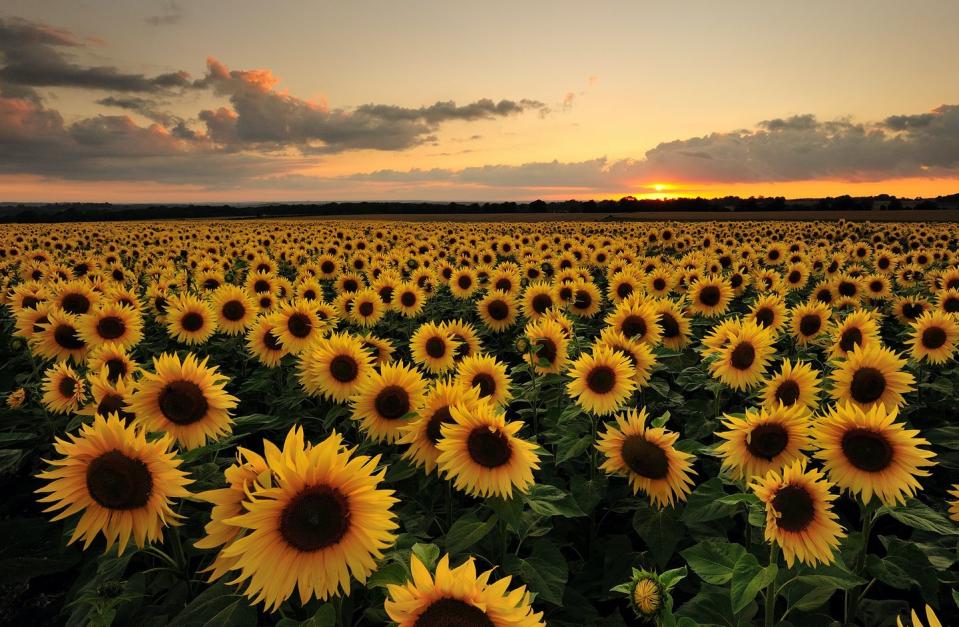When Does Summer End in 2024? Mark Your Calendars Ahead of Time
There's that moment every year when you step outside and think, "Dang, I believe it's finally summer!" We all excitedly pack away our long winter gear and slip into that breezier wardrobe (perhaps something from the Pioneer Woman spring collection?) The deliciously smokey smell of grilling recipes wafts through the air. Everyone is heading off to family beach vacations or playing outdoor games in the park. And while many of us think of Memorial Day weekend as the beginning of summer, there is an official day that starts the season as well as a tearful day that marks when summer ends. These aren't just arbitrary dates, though—a fascinating seasonal occurrence actually determines summer and impacts the length of our days.
When does summer start and end in 2023?
The first day of summer in North America is Wednesday, June 21. It's not only the longest day of the year but is also the same week as Father's Day and Juneteenth. The big takeaway? We recommend celebrating for all seven days! The official end of summer comes a full three months later on Saturday, September 23.
What determines the last day of summer?

Over in Pawhuska, Oklahoma, it may feel like the end of summer when the weather starts to get a bit damper and evenings begin to cool off. While this seems like a good marker of seasons, the reason for summer's official dates is a bit more interesting. The last day of summer is determined by the September or autumn equinox, which marks the first day of fall. The astrological equinox is when the sun passes over the equator in a southward direction. At the moment of the equinox, the sun shines directly on the equator, and both hemispheres receive the same amount of rays. Once the moment passes, the North Pole begins to tilt away from the sun, and thus begins the period of longer nights and shorter days. (This is similar to how the first day of spring is determined.)
Is it the same day every year?
Nope! The twice-yearly equinox would occur on the same day every year if the Earth followed the Gregorian calendar and took exactly 365 days to make a complete revolution around the sun. However, the Earth doesn't exactly abide by our man-made markers of time, and it takes 365 days and six hours on average to go around the sun. That's why we have a Leap Day every four years, and it's also why the summer solstice is bumped a day or two depending on the year.
So in 2023, you'll have 93 days to celebrate the summer season. Now, roll up your sleeves and get grilling before time runs out!
You Might Also Like

